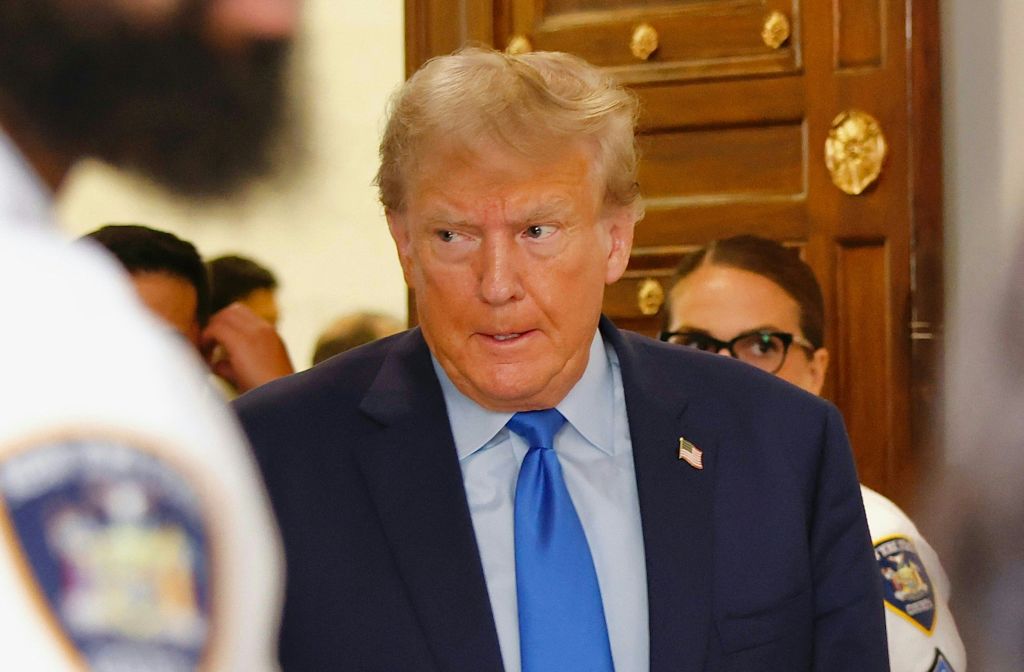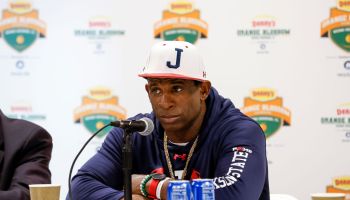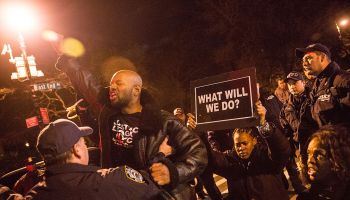Did the music die? The recent passing of Michael Jackson made me ask that question.
Recently I started thinking about the songs of my childhood, actually the soundtrack of my youth growing up in Southeast Queens, New York. I have fond memories of listening to LPs with my father on his old but reliable stereo set, with the hand-crafted turntable, and sand-filled wooden speakers that gave an earthy, real-life sound. Here are some of the songs that come to mind from that day:
- “I Stand Accused” by Isaac Hayes
- Marvin Gaye’s “What’s Going On”
- Roberta Flack’s “The First Time Ever I Saw Your Face”
- “Harvest For The World” by the Isley Brothers
- “Ooh Child” by the Five Stairsteps
- Stevie Wonder’s “If You Really Love Me”
- “Get The Funk Out Of My Face” by the Brothers Johnson
- “Never Can Say Goodbye” by the Jackson 5
- “Ball Of Confusion” by the Temptations, and
- “Midnight Train To Georgia” by Gladys Knight and the Pips
Now, that was music! And it raises an important question in my mind, and possibly yours as well: Will music ever sound that good, ever again? Twenty or thirty years from now, will we remember the songs that are coming out today?
It seems that something went wrong along the way. Popular music, but specifically Black music, which dominates America’s and the world’s music scene, used to reflect the complexity of the human life experience, our emotions, our troubled times and our hopes and joys. In the music, there were the ever-present echoes of the drum rhythms and the storytelling griots of West Africa, of the Negro spirituals growing out of the experience of slavery in America, and of course the Blues. The cultural history was built into the music, and listening to it, at its best, is a religious and spiritual experience. And yet, the music always refined and redefined itself, through Jazz and Hip-hop and other incarnations. But all the while, the music reflected the aspirations and the full spectrum of what was going on in the community, the good and the bad, whether sitting on the street corner with friends, lamenting a lost love, or decrying injustice.
Then money entered the process. Don’t get me wrong, music has been a commercial venture for years. But it is worth noting that as the industry became more lucrative for its participants, or at least its owners, the music became more cookie-cutter, with more of the same and fewer options. Particularly in the past decade – when society was fed a steady dose of materialism and market growth – much of the music which was promoted reflected the materialism and hedonism of the times. Empty calories with little substance. There was much pain out there, to be sure, because after all the vast majority of people cannot afford a seaside mansion, a Hummer, diamonds, or a thousand-dollar bottle of whatever, and most common folk were slipping further as the moneyed few were getting fatter. But the music doesn’t reflect that reality, or at least the songs that get on the air do not. It seems almost fitting that the music industry is suffering financially, with a product no one is buying, just as the economy itself is suffering from systemic problems and is in need of big changes.
Part of the problem is that many talented musicians do not receive the exposure they deserve and we deserve. There are great artists out there, but they don’t get the air time. But on another level, society does not value musicians. Just look at the slashing of music and art education programs in public schools throughout the nation, as more focus is placed on teaching merely what appears on standardized tests. Music education is important to children’s lives as a part of a well-rounded education. Music develops creativity, self-expression, character and a sense of community. And it builds self-esteem, analytical and language capabilities, and innovation. I say this as someone who benefited from music programs throughout my childhood, and was introduced to the tenor saxophone as a sixth grader. Organizations such as the VH1 Save The Music Foundation and websites such as SupportMusic.com and Keep Music In Public Schools! are dedicated to restoring music programs in the schools.
So did the music die? Well, if it did, we need to make sure that we bring it back. We have the power to do it.
BlackCommentator.com Editorial Board member David A. Love, JD is a journalist and human rights advocate based in Philadelphia, and a contributor to the Progressive Media Project and McClatchy-Tribune News Service, among others. He contributed to the book, States of Confinement: Policing, Detention, and Prisons (St. Martin’s Press, 2000). Love is a former Amnesty International UK spokesperson. His blog is davidalove.com.
















